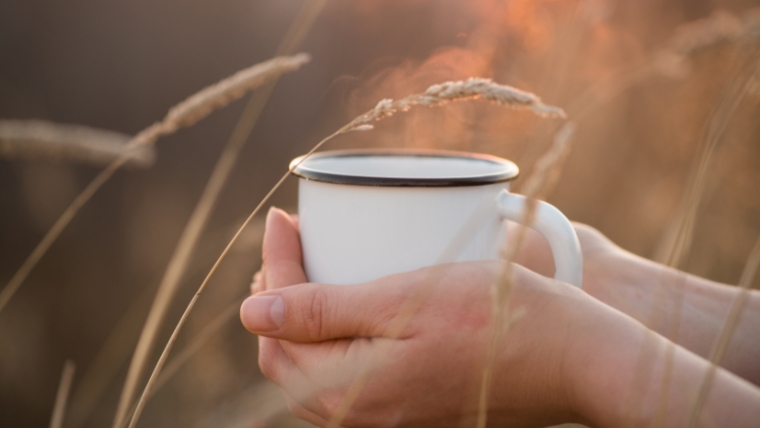Coffee and tea are easily considered people’s favorite pastime beverages. With so many types and ways to drink them, and a coffee shop on every corner, it’s accessible and delicious. But how does caffeine impact your mental health? It’s worth knowing the pros and cons of caffeine because it could be affecting you more than you think.
The Pros of Caffeine
One of the main reasons people drink caffeinated beverages is for the side effects of alertness and concentration. People go after this “hyper” feeling. Caffeine helps to keep them awake and focused. It can also help people feel more motivated to get things done.
Other medicines use this same phenomenon in order to help certain ailments. Excedrin has caffeine in it because it’s used to help lessen migraines. Certain anti-depressants such as Wellbutrin have the same sort of “you just had a cup of coffee” effect, some say, in order to give depression symptoms a pep in their step.
Some studies even show that people with ADHD have a better time concentrating with caffeine in their system, but it is obviously no substitute for medications or treatments.
The Cons of Caffeine
While keeping you awake can be a pro of caffeine, it can also become one of its main problems. Having too much of it, or even just a little for some, can make the brain overwork and cause anxiety. A fair amount of people will tell you caffeine makes them anxious. Also, drinking too much caffeine, especially in the form of energy drinks, can cause you to feel jittery and can increase your heart rate.
Read more about coping with anxiety.
If you consume more caffeine than your body can healthily handle and metabolize during the day, you can have significant trouble sleeping. The same is true if you drink caffeine later in the day. And unfortunately, lack of or trouble sleeping can cause bigger mental health issues than you think.
The average person needs seven to nine hours of sleep every night to function as best as they can. During a depressive episode, 60-90% of people complain of insomnia or lack of sleep. Certain medications and mood stabilizers can cause added sleep disturbances, so people taking those have to take extra care to get ample sleep each night. Minimizing caffeine intake could help to improve overall sleep quantity and quality.
Caffeine can also affect the way medications metabolize in your system. Caffeine decreases the creation of the specific enzyme most medications are absorbed through. As a result, caffeine can potentially water down medication dosage as it enters your bloodstream, causing medications to work less effectively.
Drink Responsibly
After reading these cons, you may feel tempted to quit caffeine altogether. You are more than welcome to do that! Of course, be mindful that quitting caffeine cold turkey can cause withdrawal symptoms like headaches, fatigue, and irritability. You may want to slowly wean yourself off caffeine to avoid those effects.
As you transition away from caffeine, you can try out an alternative, caffeine-free beverage to wake you up in the morning, like a cup of hot lemon water. Instead of opting for a cup of coffee in the early afternoon, you can brew a mug of herbal tea. Have fun with it! See what you like and notice if passing on the caffeine impacts your energy, sleep, and mood.
However, like many of us, you may feel resistant to giving up something that may be embedded in your routine and that likely brings you joy and comfort. If you want to keep drinking your morning coffee or tea, that’s okay! We just recommend that you drink responsible amounts of caffeine. Having one to two cups per day should be fine for your mental health and sleep schedule. Be mindful to get your caffeine fix before the early afternoon and your sleep shouldn’t be impacted much if at all.
At the end of the day, it is up to you to determine how much caffeine to consume. We can’t say for certain whether it’s all good or bad, but as with most things, it can be a mixture. The most important thing to keep in mind is how it personally affects you. If you think caffeine benefits or hinders your mental health and your body, do what is best for you, and enjoy your fun drinks when you can.

